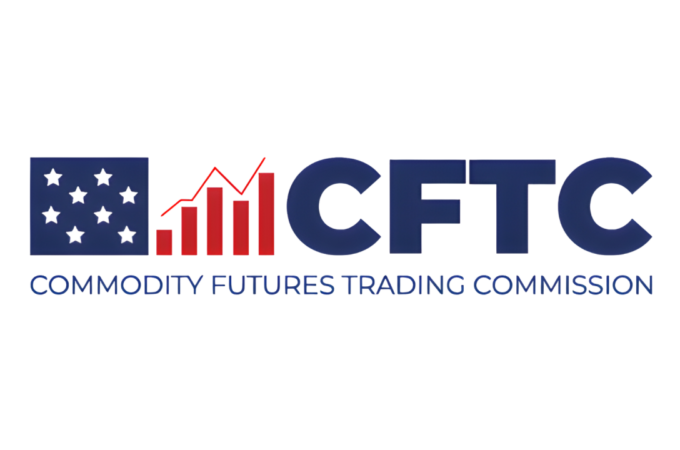For Fintech Disruptors, Regulatory Freedom Will Be Fleeting
By Frank Sorrentino for Forbes
As long as there has been business, there has been disruption. A recent Harvard Business Review article discussed the concept of “spontaneous deregulation,” when a shiny new technology or innovative business model emerges onto the scene, disrupts its industry and – temporarily – renders existing rules and regulations obsolete. The invention of the airplane transformed travel, forcing us to rethink the laws that up until then governed only what occurred on solid ground. For the music industry, it was first Napster, then Spotify, that caused a complete overhaul of our approach to music sharing and licensing. And perhaps most noticeably today, Airbnb is shaking up the hotel industry; Uber and Lyft the traditional taxi industry.
Disruption has led to some of the greatest advancements and most transformative innovations of our time. But just because something new doesn’t fit neatly within the confines of existing legislation doesn’t mean it is exempt from it. It just means the rules will have to change.
For the banking industry, fintech is that square peg in the round hole. Financial technology companies have recently burst onto the scene, offering faster and more efficient ways of doing the things banks have done for a hundred years. While fintech companies may not be doing anything drastically different from banks, the key differentiator is that they are not banks. Lacking their size, scope, geography, capital or insurance; fintech companies have established themselves as free, to an extent, from the regulatory scrutiny that governs traditional financial institutions. But this can’t and won’t last forever.
It’s no question that fintech has a lot of promise for banks, business owners and consumers at large. A bank that partners with a fintech company gains an opportunity to more effectively streamline processes both internally and externally, whether automating large volumes of individual loans or transforming the way customers pay and transact. But with all the benefits of innovation come the threats of unintended consequences, and with fintech, the potential risks should not be ignored.
Consider innovator LendingClub, where the CEO and founder resigned after the peer-to-peer lender discovered a sale of loans that violated company policy, raising questions about the relatively light touch such firms have gotten from regulators to date.
I wrote earlier this month about the importance of the “human” banking relationship for small business owners – but it’s not just about having a trusted advisor to turn to. Banks, unlike online lenders, have government-guaranteed liquidity. A business owner might be ecstatic about how easy it is to get a loan from an online lender, but few think about the reverse scenario – how easily that credit can go away.
In a downdraft, liquidity freezes up, and if your company’s survival depends on money that suddenly becomes unavailable, you’re left in a despondent place with only an algorithm to turn to. We saw what happened in 2009 when liquidity evaporated, tossing the economy into the greatest recession since the Great Depression.
What happens if interests rate rise? Will these firms receive less funding? How will they continue to lend if this scenario plays out?
That’s not to say we’re headed down this path – just that we should recognize the risks we’re taking, and be aware of the potential consequences.
Now more and more, we’re seeing that awareness level build. Rather than just news of the latest and greatest in fintech, we’re hearing about regulatory pressures heating up in the space. Online lending companies are facing tremendous amount of competition, issues with liquidity, and increased scrutiny over their business models. Just this month, the chairman and chief executive of the largest online lending service stepped down over a violation of the company’s business practices. All the swirl around online lending recently caused the U.S. Treasury Department to release a white paper calling for greater transparency in the sector and more action from regulators in overseeing this rapidly expanding industry.
It’s clear that the fintech revolution won’t be slowing down anytime soon – over the past year and a half, investors have poured over $20 billion into the sector – but no industry can play by its own rules forever. Ultimately, convergence between fintech and traditional banking will be the key to ensuring that lending processes are both streamlined and secure. Because if deregulation can be spontaneous, regulation has proven itself to be anything but. The guidelines followed stringently by today’s financial institutions are the result of 100 years of regulatory scrutiny in the space, and they exist for a reason. History always repeats itself, or more accurately said – rhymes.. There’s no need for regulators to rewrite the rulebook just for fintech, but rather reassess the guidelines already in place and find the way to bring innovation under the existing umbrella.
First appeared at Forbes





